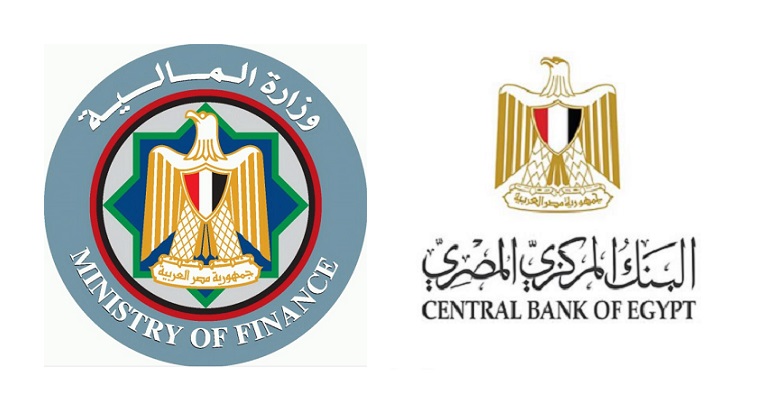On Tuesday, Reuters said that sales of Egyptian treasury bills for periods of 273 and 91 days rose as the Egyptian Ministry of Finance decided to pay higher returns to partially reflect a 200 basis point increase in overnight interest rates, which the Central Bank of Egypt had approved on March 30. The news agency stated that the average return on bills for 273 days rose to 23.341%, while the average yield on 91-day treasury bills increased to 21.297%.
The Central Bank of Egypt accepted only 76 bids for 273-day bills out of 203 requests. It also accepted only 239 bids for 91-day bills out of 519 bids. On Wednesday, Bloomberg reported that Egypt sold $35,275 worth of three-year securities, stating that this is the lowest amount it has ever raised from selling domestic bonds.
According to the news website, this is because the government refrained from offering high returns in exchange for buying its debt in the local currency, which is demanded by investors who fear there will be a new depreciation of the Egyptian pound. This comes in light of expectations that Egypt may have to devalue its currency for the fourth time in a little over a year.
The Egyptian government is also struggling to provide hard currency for imports and to increase foreign direct investment inflows. On Sunday, the Central Bank of Egypt announced that the interest rate on treasury bills had risen, reaching a new record high, exceeding 23%. However, the Egyptian government accepted only eight offers totalling about EGP 79 million.
Banks offered to buy treasury bills worth 21.2 billion Egyptian pounds, while they asked for interest between 22.5% and 25.5%. Banking expert Hani Aboul Fotouh considered that the interest rate hike reflected the Central Bank of Egypt’s Monetary Policy Committee’s decision last month to raise interest rates to rein in inflation, expecting a further rise in interest rates. “Raising interest rates is reflected in lending and borrowing, including government requests to borrow from banks to finance the deficit between its expenditures and revenues,” he added.
A financial analyst, who declined to be named, said that the government is also using the bids to attract foreign investments in Egyptian debt instruments, allowing it to collect hard currency, even for a relatively limited time. “However, until now, foreigners’ appetite to invest in Egyptian debt instruments has not witnessed any improvement, given the rise in inflation locally to 32.9% last February, which means that the real interest rate is currently a negative value,” he said. “The problem is that the global interest rate is high, and Egypt has become a high-risk market.”





Recent Comments